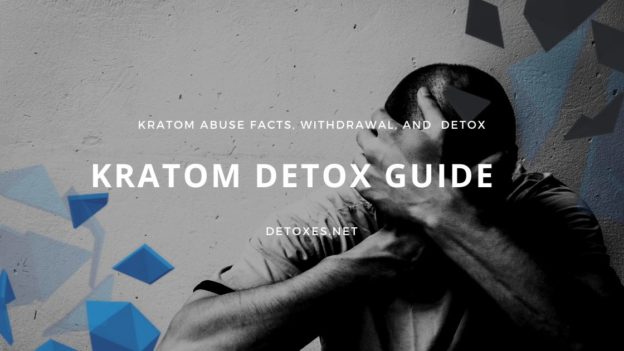While the majority of people use kratom to ease themselves off opiates, that doesn’t mean it’s the ideal solution. In fact, you can easily become reliant on kratom just like you can with any drug. A kratom addiction can be hard to kick, and kratom withdrawal symptoms are nothing to laugh at.
If you’re struggling to kick kratom, and suffering from kratom withdrawal symptoms, it might be time for a kratom detox. Here’s everything you need to know about withdrawal, detox, and how to get better.
What Is Kratom?
Kratom is a species of tree found in Southeast Asia. When ingested, the leaves make a person feel like they’re under the influence of weak opiates.
The leaves of the tree are ground into a powder and sold worldwide. Kratom is brewed into tea, smoked, or chewed when in leaf form.
Because kratom is natural and weaker than opiates like heroin, it’s often used by hard-opiate addicts to ween them off of their addiction. The idea is to replace the more harmful opiate with kratom, and slowly lower the dosage over time. By the end of the treatment, the person is not addicted to opiates.
However, this doesn’t always work out. Sometimes, a user only manages to replace their heroin addiction with a kratom addiction. What’s more, a lot of people use kratom recreationally, meaning they might get addicted to kratom without ever having used stronger opiates.
Although natural, kratom addiction is not safe. It comes with withdrawal symptoms, and it may be possible to overdose on. It’s important to kick a kratom addiction as fast as possible.




